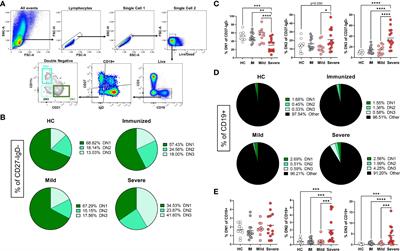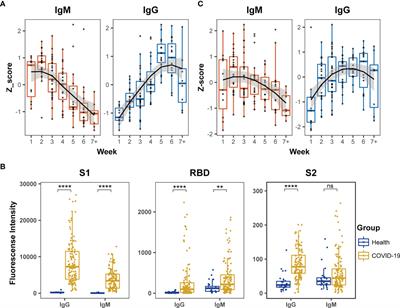EDITORIAL
Published on 10 Jan 2023
Editorial: SARS-CoV-2 variants, B lymphocytes, and autoreactivity
doi 10.3389/fimmu.2022.1125732
- 796 views
- 1 citation
11k
Total downloads
37k
Total views and downloads
You will be redirected to our submission process.
EDITORIAL
Published on 10 Jan 2023
ORIGINAL RESEARCH
Published on 09 Dec 2022

ORIGINAL RESEARCH
Published on 05 Sep 2022

ORIGINAL RESEARCH
Published on 11 Aug 2022

ORIGINAL RESEARCH
Published on 10 Aug 2022

REVIEW
Published on 30 Jun 2022

ORIGINAL RESEARCH
Published on 09 May 2022

ORIGINAL RESEARCH
Published on 03 May 2022

ORIGINAL RESEARCH
Published on 18 Mar 2022

ORIGINAL RESEARCH
Published on 23 Sep 2021

